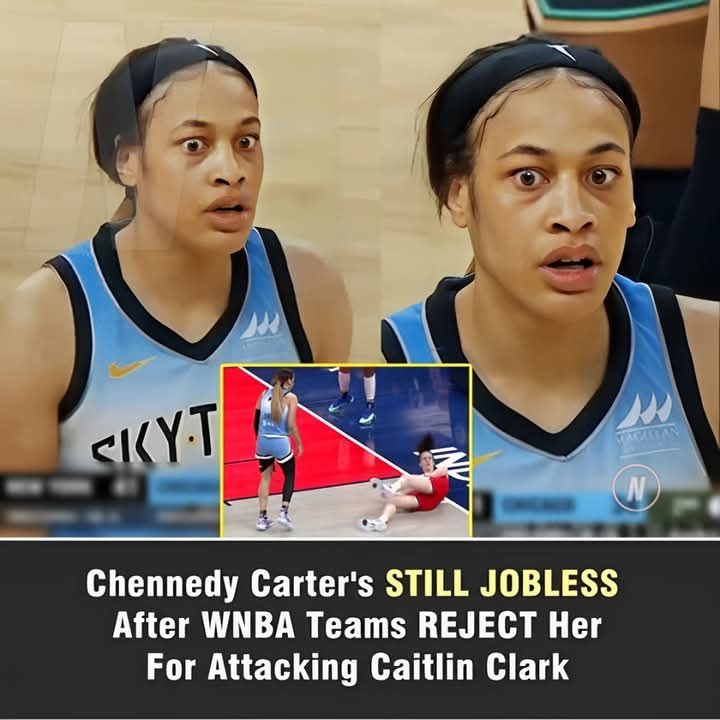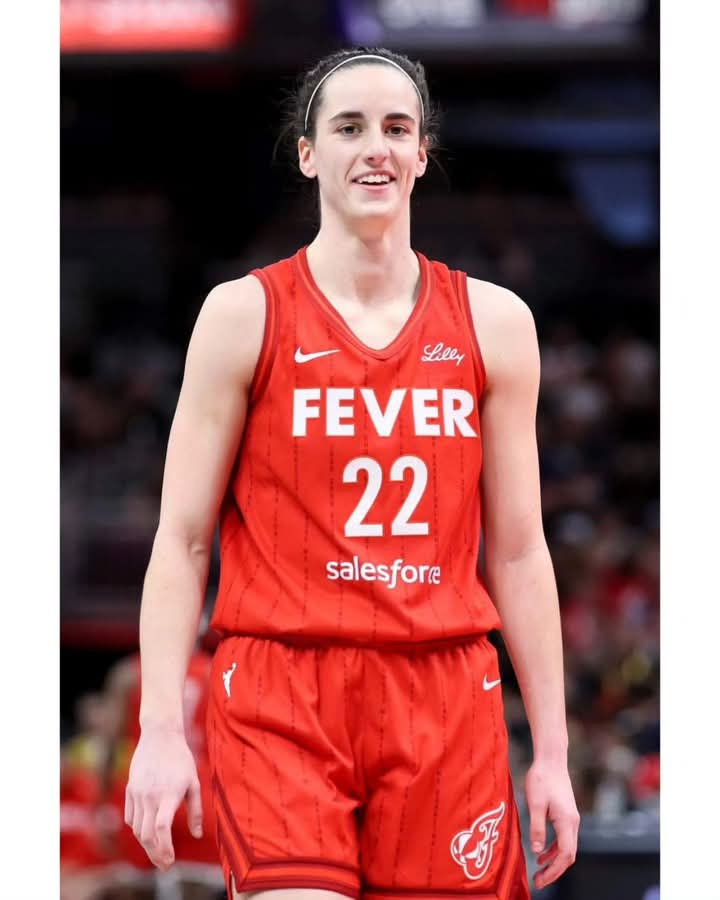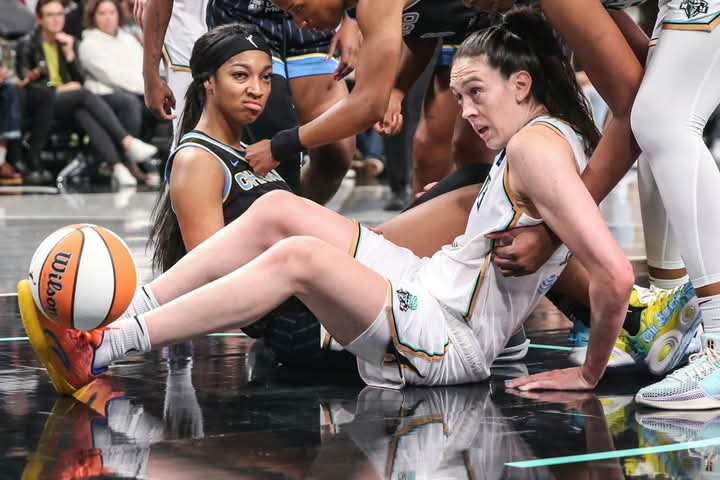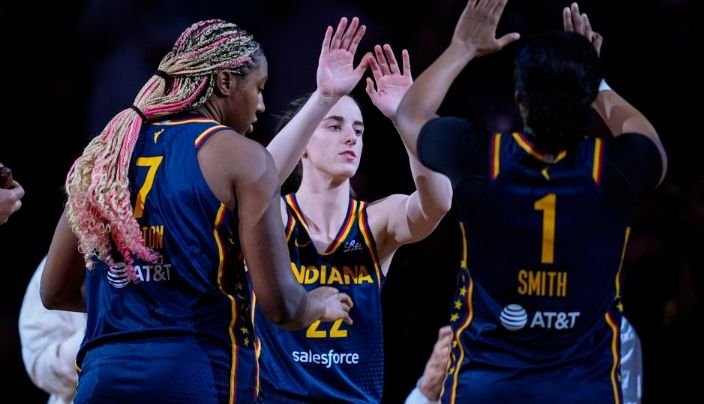
Chennedy Carter has ignited controversy after claiming racism played a role in her rejection by a WNBA team, following her on-court altercation with Caitlin Clark and accusations of unsportsmanlike play. The fiery guard, known for her aggressive style, was reportedly seeking a new opportunity in the league but faced resistance due to her history of questionable conduct. Carter, who previously made headlines for her physical play against Clark, took to social media to express her frustration, alleging that race was a factor in the decision.
The situation stems from Carter’s past clashes with Clark, which included a widely debated incident where she delivered a hard foul that many deemed excessive. Critics labeled her as a “dirty player,” while supporters defended her as simply playing with intensity. However, it appears her reputation has made teams hesitant to offer her a roster spot. Carter’s claims of racial bias have now added another layer to the debate, with some agreeing that Black athletes are scrutinized differently, while others argue that her actions—not her race—are the primary issue.
Fans and analysts remain divided over Carter’s stance, with some accusing her of deflecting accountability. “This isn’t about race—it’s about playing reckless and hurting the league’s image,” one commentator noted. Others, however, see merit in her argument, pointing to a history of Black players facing harsher consequences for similar incidents compared to their white counterparts. “If a different player did the same thing, would the backlash be the same? That’s the real question,” a fan wrote.
While Carter has not specified which team turned her down, speculation has run rampant. Some believe that her public image is now too polarizing for franchises looking to maintain a positive locker room culture. Others argue that the league’s decision-makers are prioritizing marketability, particularly with Clark’s rising stardom drawing record-breaking attention. The WNBA has yet to formally respond to Carter’s claims, but the conversation has sparked intense discussions about race, media narratives, and player treatment within the league.
As Carter continues to voice her frustration, the larger question remains—will any team be willing to give her another chance? With WNBA rosters filling up and training camps approaching, her future in the league remains uncertain. Whether her rejection is truly rooted in bias or simply the consequences of her past actions, one thing is clear: Carter’s remarks have once again thrust the WNBA into the national spotlight.







